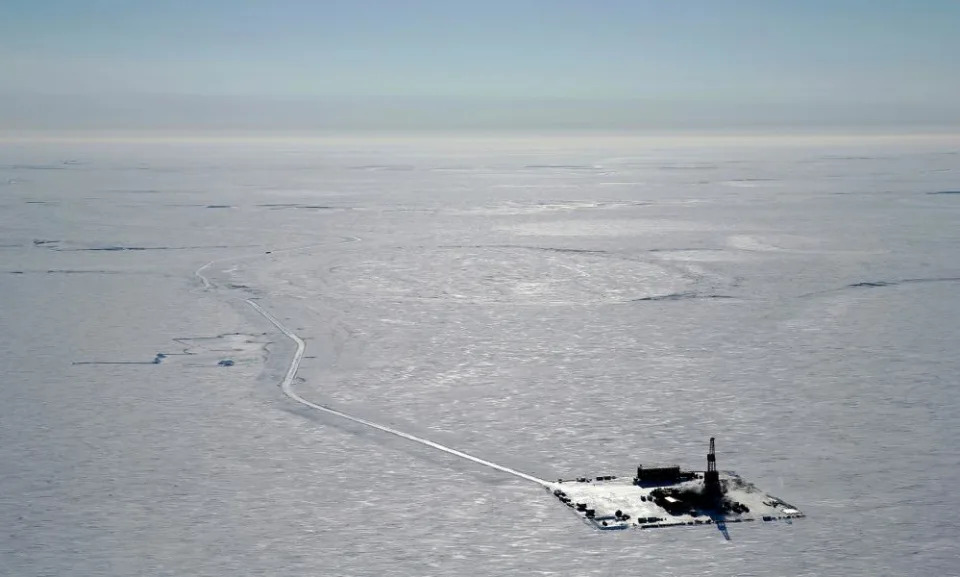Largest teachers' union accepts pay deal and ends long-running strikes
Jody Harrison
Fri, 10 March 2023

Largest teachers' union accepts pay deal ending long-running strikes (Image: PA)
Teachers have called off all industrial action after accepting a pay deal with the Scottish Government.
Members of the Educational Institute of Scotland (EIS) have voted overwhelmingly to accept a new offer from Ministers, calling and end to the long-running dispute which has closed schools and cancelled classes across the country.
Teachers with the Educational Institute of Scotland (EIS) backed the sixth deal put to them, which will see a 7 per cent pay rise backdated to April 2022, a further 5% next month, and another 2% in January.
EIS members voted 90 per cent in favour of accepting the deal, with only 10% opposed on a turnout of 82%.
READ MORE: Teacher strikes suspended as EIS urge members to accept new pay offer
The EIS tweeted: “Pay offer will be accepted. All strike action in pursuit of an improved teachers’ pay offer cancelled.”
The ballot follows that of the Scottish Secondary Teachers’ Association (SSTA), who voted 85.3% in favour of accepting the offer, with 14.7% rejecting it. Turnout was 79.9%.
Hundreds of thousands of pupils in both Primary and Secondary schools have had classes cancelled during the months of the industrial dispuite, leaving many parents struggling to arrange childcare.
Flying pickets also targeted the constituencies of First Minister Nicola Sturgeon and Shirley-Anne Somerville, along with Scottish Green education spokesman Ross Greer.
Andrea Bradley, EIS general secretary, said the high turnout shows members had “taken a pragmatic decision in voting to accept the current pay offer”.
She added: “While it does not meet our aspirations in respect of a restorative pay settlement for Scotland’s teachers, it is the best deal that can realistically be achieved in the current political and financial climate without further prolonged industrial action.
“It compares favourably with recent pay settlements across the public sector, and does provide pay certainty for Scotland’s teachers for the next 16 months until the next pay settlement is scheduled to be delivered in August 2024.”
Under the deal, most teachers will see their pay increase by 14.6% by January 2024, Ms Bradley said.

HeraldScotland:
The EIS members’ approval of the deal came after a breakthrough in negotiations last week, which saw the union pause its planned 20-day campaign of rolling strikes in every part of Scotland.
The pay dispute between councils and the teaching unions had become bitterly contested, with the first walk out taking place last November.
Shirley-Anne Somerville labelled the latest deal a “historic offer” which she said would see teacher pay “increase by 33% from January 2018 to January 2024”.
She said: “I am very pleased that EIS and SSTA members have voted overwhelmingly to accept this historic offer and I look forward to the Scottish Negotiating Committee for Teachers giving it formal consideration in due course.
“It is the most generous offer to teachers in more than 20 years and one that is fair, affordable and sustainable for everyone involved.
“Teachers in Scotland are already the best paid in the UK and this deal will mean a salary rise of £5,200 in April for most teachers, and a cumulative rise of 33% since January 2018.
“A resolution to this dispute and an end to the threat of further strike disruption in our schools will be a huge relief for children, young people, parents, carers, and teachers, too.”

HeraldScotland:
EIS and SSTA leaders had recommended members accepted the deal.
NASUWT members are also involved in the dispute and its general secretary, Patrick Roach, had condemned the latest offer from Scottish Education Secretary Shirley-Anne Somerville as “only a paltry improvement” on the previous proposal.
That union is also balloting its members on the deal.
SSTA general secretary Seamus Searson said: “The membership has determined to accept the latest pay offer.
Jody Harrison
Fri, 10 March 2023

Largest teachers' union accepts pay deal ending long-running strikes (Image: PA)
Teachers have called off all industrial action after accepting a pay deal with the Scottish Government.
Members of the Educational Institute of Scotland (EIS) have voted overwhelmingly to accept a new offer from Ministers, calling and end to the long-running dispute which has closed schools and cancelled classes across the country.
Teachers with the Educational Institute of Scotland (EIS) backed the sixth deal put to them, which will see a 7 per cent pay rise backdated to April 2022, a further 5% next month, and another 2% in January.
EIS members voted 90 per cent in favour of accepting the deal, with only 10% opposed on a turnout of 82%.
READ MORE: Teacher strikes suspended as EIS urge members to accept new pay offer
The EIS tweeted: “Pay offer will be accepted. All strike action in pursuit of an improved teachers’ pay offer cancelled.”
The ballot follows that of the Scottish Secondary Teachers’ Association (SSTA), who voted 85.3% in favour of accepting the offer, with 14.7% rejecting it. Turnout was 79.9%.
Hundreds of thousands of pupils in both Primary and Secondary schools have had classes cancelled during the months of the industrial dispuite, leaving many parents struggling to arrange childcare.
Flying pickets also targeted the constituencies of First Minister Nicola Sturgeon and Shirley-Anne Somerville, along with Scottish Green education spokesman Ross Greer.
Andrea Bradley, EIS general secretary, said the high turnout shows members had “taken a pragmatic decision in voting to accept the current pay offer”.
She added: “While it does not meet our aspirations in respect of a restorative pay settlement for Scotland’s teachers, it is the best deal that can realistically be achieved in the current political and financial climate without further prolonged industrial action.
“It compares favourably with recent pay settlements across the public sector, and does provide pay certainty for Scotland’s teachers for the next 16 months until the next pay settlement is scheduled to be delivered in August 2024.”
Under the deal, most teachers will see their pay increase by 14.6% by January 2024, Ms Bradley said.

HeraldScotland:
The EIS members’ approval of the deal came after a breakthrough in negotiations last week, which saw the union pause its planned 20-day campaign of rolling strikes in every part of Scotland.
The pay dispute between councils and the teaching unions had become bitterly contested, with the first walk out taking place last November.
Shirley-Anne Somerville labelled the latest deal a “historic offer” which she said would see teacher pay “increase by 33% from January 2018 to January 2024”.
She said: “I am very pleased that EIS and SSTA members have voted overwhelmingly to accept this historic offer and I look forward to the Scottish Negotiating Committee for Teachers giving it formal consideration in due course.
“It is the most generous offer to teachers in more than 20 years and one that is fair, affordable and sustainable for everyone involved.
“Teachers in Scotland are already the best paid in the UK and this deal will mean a salary rise of £5,200 in April for most teachers, and a cumulative rise of 33% since January 2018.
“A resolution to this dispute and an end to the threat of further strike disruption in our schools will be a huge relief for children, young people, parents, carers, and teachers, too.”

HeraldScotland:
EIS and SSTA leaders had recommended members accepted the deal.
NASUWT members are also involved in the dispute and its general secretary, Patrick Roach, had condemned the latest offer from Scottish Education Secretary Shirley-Anne Somerville as “only a paltry improvement” on the previous proposal.
That union is also balloting its members on the deal.
SSTA general secretary Seamus Searson said: “The membership has determined to accept the latest pay offer.
“Throughout the period of industrial action, the SSTA has taken a measured approach and has been willing to negotiate to find a solution to the pay dispute.
“The SSTA is proud to be a member-led union, and the ballot is a fundamental part of our democratic process.”
READ MORE: Teachers hold rally outside Nicola Sturgeon's office
Mr Searson said the SSTA will now push for teachers to receive the backpay they are due as quickly as possible.
He continued: “However, the SSTA has a major concern over the unnecessary pay cap; this seems to be an act of political dogma rather than a rational proposal.
“The inclusion of this is a considerable barrier in the professional career structure for secondary school teachers.
“The career ladder has been stifled for many years, the number of posts of responsibility has been cut severely. Posts such as these are needed in secondary schools as they are essential for good management systems.”













